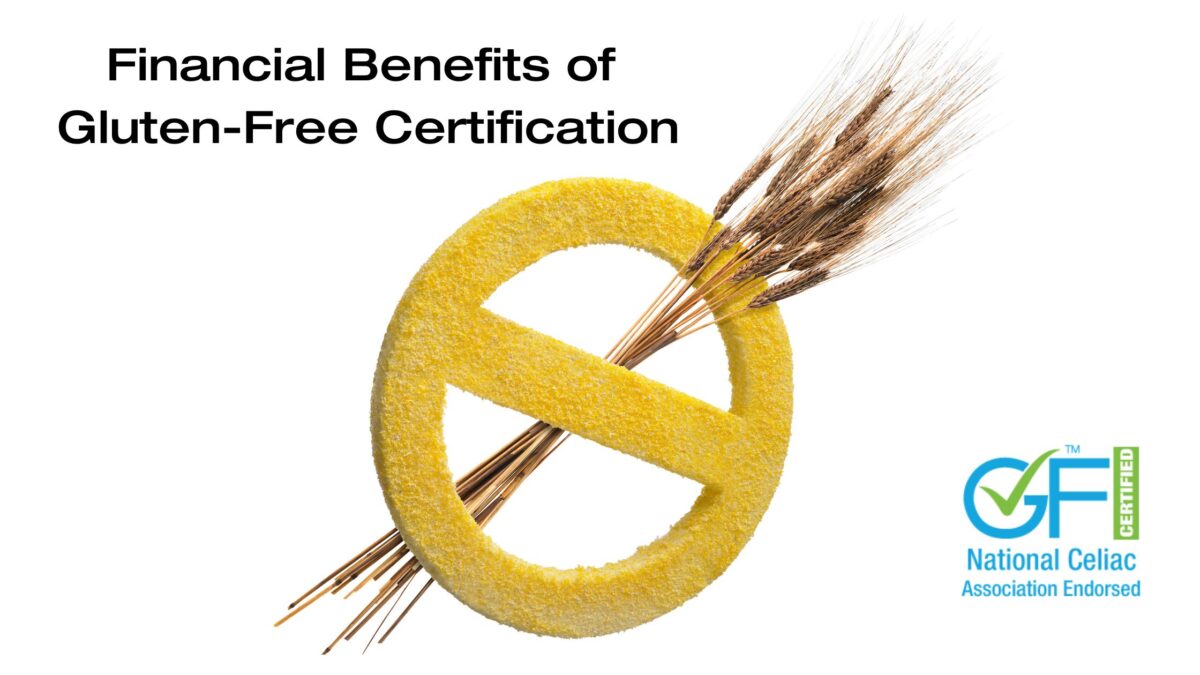
Financial Benefits of Certification: Beyond the Gluten-Free Niche
Navigating the aisles of any supermarket, you’ll likely spot a growing number of products stamped with a “gluten-free” label. But what does this certification really mean, especially for individuals with celiac disease? And beyond the health implications, how does it translate into financial sense for manufacturers? Let’s take a look at the nitty-gritty of gluten-free certification, its critical role in ensuring product safety, and the economic goldmine it can be for businesses savvy enough to jump on board.
The Lifeline for the Celiac Community
Gluten-free certification is no mere marketing gimmick; it’s a lifeline for the celiac community. Celiac disease isn’t just a food preference; it’s a serious autoimmune condition where ingesting gluten can trigger a range of harmful reactions. Reactions can include digestive issues to long-term health complications. Hence, the importance of gluten-free certification becomes crystal clear – it’s about safety, reliability, and trust. When a product bears that certified label, it signals a safe choice for those with celiac disease, alleviating the constant anxiety of accidental gluten exposure.
Financial Benefits: Beyond the Gluten-Free Niche
Now, let’s talk coin – or should we say, gluten-free dough? Beyond the essential aspect of consumer safety, gluten-free certification opens up a treasure chest of financial benefits for manufacturers. Initially, you might think this market is limited to the celiac community, but hold on a minute! The demand for gluten-free products has skyrocketed, with a growing audience ranging from gluten-sensitive individuals to health-conscious consumers making a lifestyle change.
Market Expansion and Brand Loyalty
By certifying products as gluten-free, companies tap into a lucrative market segment. It allows them to expand their customer base far beyond those with celiac disease. This isn’t just about catching a trend; it’s about establishing a foothold in a rapidly growing market. Moreover, certification builds brand loyalty. When consumers find a brand that they trust to meet their specific dietary needs, they’re likely to stick around, repurchase. More times than not, they recommend it to others, turning occasional buyers into lifelong customers.
Regulatory Compliance and Market Access
On the legal side of things, gluten-free certification ensures compliance with national and international food safety standards. Regulations reduce the risk of costly legal entanglements and recalls. Additionally, in many regions, having certification is a passport to market entry, enabling manufacturers to export their products worldwide and tap into global markets.
Cost Savings and Operational Efficiency
Consider the cost savings, too. Implementing strict gluten-free production processes might seem pricey initially, but it leads to long-term savings. Streamlining operations and preventing cross-contamination incidents could save on product waste, recalls, and reputation damage. Furthermore, with the rise of automation and advanced manufacturing technologies, maintaining a gluten-free production line has become more manageable and cost-effective.
Wrapping It Up
To summarize, gluten-free certification is a game-changer, both for the safety of the celiac community and the financial prosperity of businesses. It’s not just about adapting to a dietary trend; it’s a commitment to consumer health and tapping into a market that shows no signs of slowing down. For companies willing to make the leap, the payoff is clear: a strong brand reputation, loyal customer base, and access to an expanding market.
Certifying products as gluten-free is not just a nod to health but a smart business move. In the end, it’s a win-win situation where consumer well-being and business growth go hand in hand.
Disclaimer: This blog is for informational purposes only. Please contact us to inquire about gluten-free certification here.
